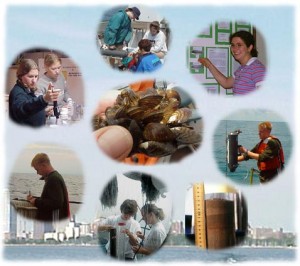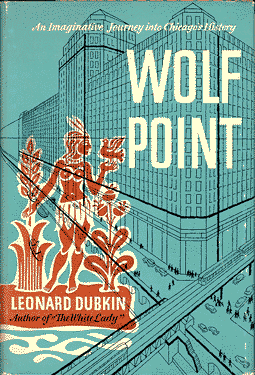This semester my SUST 210 honors class is working on a community-based research project in collaboration with the Chicago non-profit organization, The Institute for Cultural Affairs, based in Uptown. Along with students from several other Chicago colleges and universities, we are researching and mapping sustainability initiatives throughout each of the city’s 77 community areas. The work continues this summer, so the ICA is seeking motivated and interested students for 40 unpaid internships on this tremendous and valuable city-wide project. Here are the details! — Mike Bryson
Application deadline now extended to Monday, April 16, 2012
The ICA Summer Internship Program, “Accelerate 77” is an opportunity for undergrad and graduate students to participate in preparations for the September 15, 2012 Share Fair event that will highlight, connect and accelerate local sustainability initiatives at the community level throughout Chicago neighborhoods. During the 2011-2012 academic school year, 180 students from six Chicago-based universities have participated in the first phase of the Accelerate 77 project by doing fieldwork in 54 of the 77 Chicago community areas. This summer, students will have the opportunity to take the Accelerate 77 project to the next level developing their skill-set through hands-on community based projects and acquiring skill in facilitation and enabling participatory group processes.
This spring ICA will be interviewing for 40 intern positions – flexing the program timetable between June and August. The positions range from:
* community documentation and engagement of sustainable initiatives,
* designing and planning the September 15th event celebrating the 231 initiatives (three initiatives from each of the 77 communities),
* marketing and public relations for the Accelerate 77 project and share fair event, and
* website support for the community documentation, interchange and post-event collaboration.
Out of the 40 intern positions, the program will offer eight students an intensive leadership development course that will provide hands-on experience of co-leading teams in collaboration with eight ICA resource guides.
More information on leadership development opportunities and the Accelerate 77 project can be found at this page on the ICA website.
New application deadline: Monday, April 16th, 2012
For more information, check out these documents:
Nina Winn
ICA Program Coordinator
nwinn@ica-usa.org
Office: 773.769.6363, ext 301
Karen Snyder
ICA Volunteer and RU alum
snyder@consultmillennia.com
Home office: 773.506.2551
Cell: 773.758.2551


